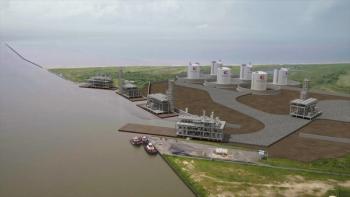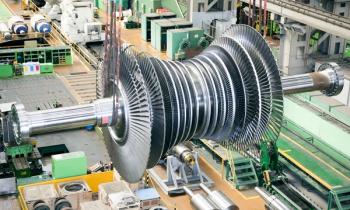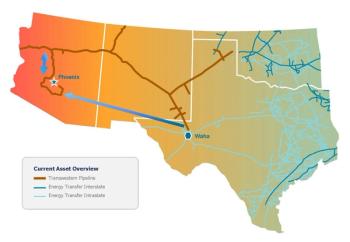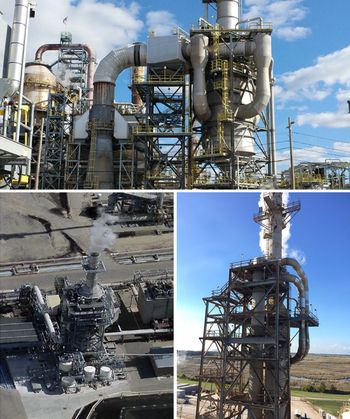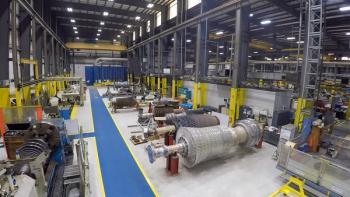
AI-Capable Leucipa Automates Workflows, Reduces Carbon Emissions
Baker Hughes and Repsol signed an agreement to develop AI capabilities to assist oil and gas operators with production and decarbonization.
Baker Hughes is collaborating with Repsol, a multi-energy company, to develop and deploy AI-powered automation workflows through Leucipa automated field production solution—the two companies signed a Memorandum of Understanding on Oct. 11, 2024. These workflows will be implemented throughout Repsol’s assets to enhance operational capabilities, improve efficiency, and reduce emissions.
“AI is revolutionizing energy production, and Leucipa enables companies to operate more efficiently to recover more from their assets,” said Amerino Gatti, Executive VP of Oilfield Services & Equipment at Baker Hughes. “Repsol has long been a trusted collaborator, and their support has helped Leucipa develop into the industry’s most innovative and effective digital production software. We are excited to work together to accelerate the energy industry’s digital evolution.”
Leucipa helps oil and gas operators proactively manage production and reduce carbon emissions. The automated field production solution:
- Focuses on the specific outcome an operator wants to achieve, gathering and leveraging data to drive intelligent operations.
- Reduces inefficiency, ensures more sustainable operations, and enables customers to help recover the millions of barrels that would have otherwise remained in the ground by automating production processes.
Traditionally, the LNG industry has been a capital-intensive market. With significant upfront investments needed and long design-to-construction schedules, building an LNG export terminal has always been a careful and risky venture. In contrast to traditional large-scale liquefaction plants, mid-scale solutions based on multiple smaller modular trains represent an important innovation for the industry.
Modules are plug-and-play assemblies capable of increasing speed to market—the time needed to achieve the first drop of LNG. As such, projects can be developed in phases and gradually add new liquefaction capacity while managing financial exposure from previous phases.
At the same time, more flexibility versus traditional stick-built projects can be obtained by splitting the required total LNG production capacity across multiple independent modules, which optimizes production and minimizes maintenance costs. Plus, pre-constructed turnkey modules help minimize project risk, enhance the level of control over module fabrication, and reduce construction site costs and potential schedule delays.
Significantly fewer construction personnel and less site time enhance overall project safety—a key aspect of any LNG project. Pre-designed modules lower engineering costs, as project design efforts are dedicated to the elements of the LNG plant, which cannot be standardized upfront.
While traditional modular projects have many interfaces among different companies working simultaneously and not always with the same goals, NMBL integrates design, procurement, fabrication, and testing phases to reduce project risk under a single point of responsibility.
Another NMBL feature is the ability to accommodate different mixed refrigerant compressor drivers, either gas turbine or electric motors, without changing module configuration. The liquefaction process produces zero emissions because it is driven by an electric motor compressor.
NMBL also delivers greater project integration with:
- a wide range of compact aeroderivative gas turbines, including the LM2500, LM6000, and LM9000 families
- a set of electric motors from BRUSH Power Generation, part of the MAX synchronous motors product line, capable of serving a 30 - 95 MW range
- mixed-refrigerant centrifugal compressors
Newsletter
Power your knowledge with the latest in turbine technology, engineering advances, and energy solutions—subscribe to Turbomachinery International today.

